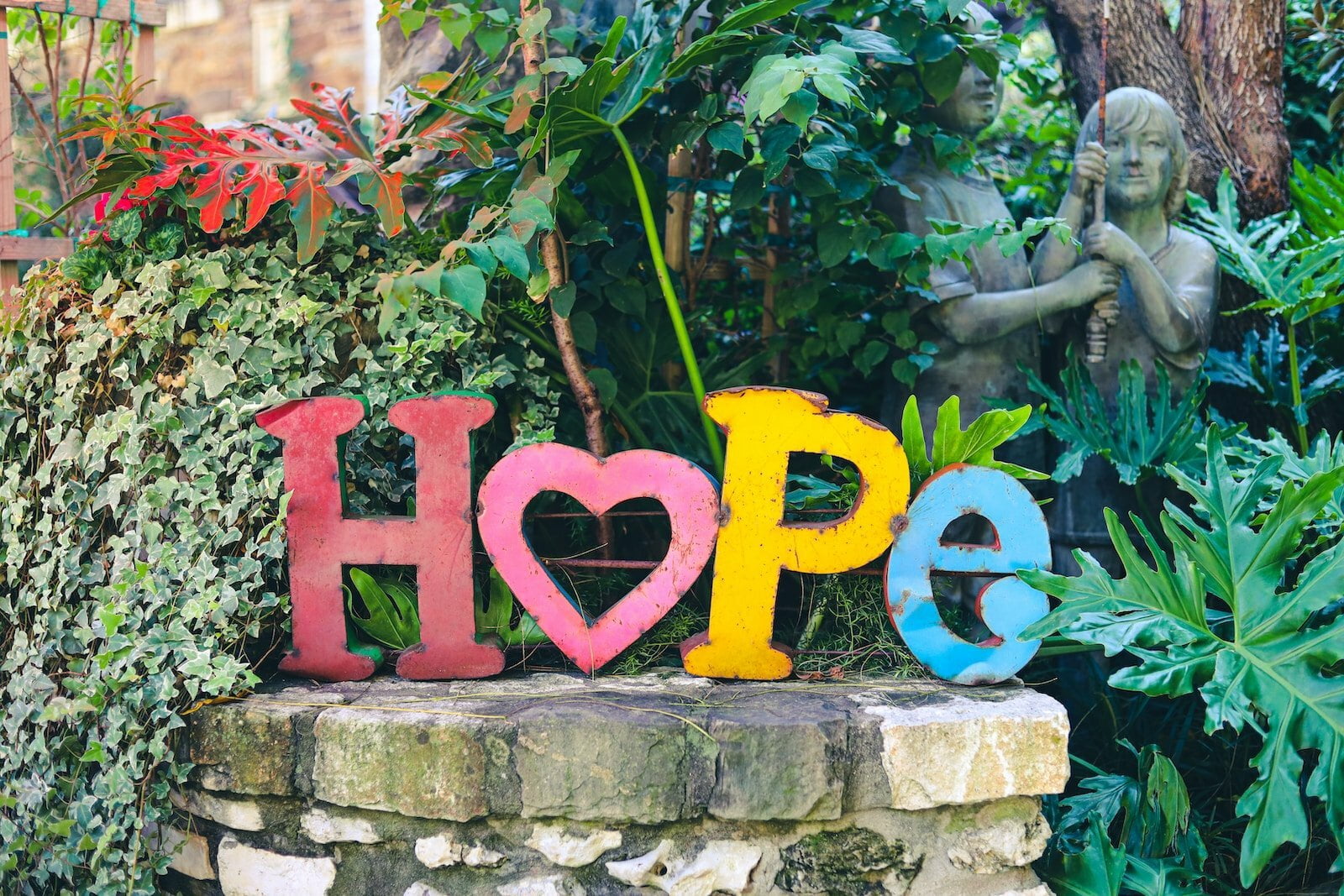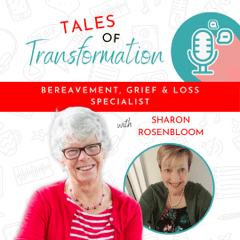-
9AM - 5PM
A Pathway to Peace: Understanding the 12 Stages of Grief and Their Impact on Your Life
Unravel the emotional journey of grief and discover the 12 stages that provide structure in difficult times.

Robert Fulghum once said, “I believe that imagination is stronger than knowledge. That myth is more potent than history. That dreams are more powerful than facts. That hope always triumphs over experience. That laughter is the only cure for grief. And I believe that love is stronger than death.” In the face of grief, these words can serve as a reminder of the resilience of the human spirit.
The 12 stages of grief expand upon the Kübler-Ross model by psychiatrist Elisabeth Kübler-Ross, providing an insightful framework for understanding the emotional journey we undergo when faced with loss. While grief is a universal human experience, it is highly personal, and the stages may be experienced differently and at various times.
Table of Contents
Stage 1: Navigating the Initial Shock: Shock and Denial
The first stage of grief is shock and denial. This is the immediate reaction to the news of the loss, which may feel surreal and overwhelming. It is common to feel numb, disconnected, and even in disbelief. This stage can last for a brief period or persist for a longer time.
Stage 2: Facing the Pain: Pain and Guilt
The second stage of grief is pain and guilt. As the initial shock subsides, the reality of the loss sets in, often accompanied by intense emotions like guilt, anger, and sadness. During this challenging period, it is common to question whether anything could have been done differently, leading to feelings of guilt.
Stage 3: Confronting Injustice: Anger and Bargaining
The third stage of grief is anger and bargaining. Individuals may experience feelings of injustice and anger, and they may bargain with themselves or a higher power to attempt to change the outcome. This stage can be difficult, as individuals might feel powerless and out of control.
Stage 4: Finding Solace in Memories: Depression, Reflection, and Loneliness
During the fourth stage of grief, individuals may experience deep sadness and loneliness. They may reflect on their memories and experiences with the person or thing they have lost, which can be both comforting and painful.
Stage 5: Seeing the Light: The Upward Turn
The fifth stage of grief, the upward turn, is marked by hope and a gradual return to normalcy. While pain and sadness may still be present, individuals may start to see a way forward and feel a sense of optimism.
Stage 6: Rebuilding Life: Reconstruction and Working Through
During the sixth stage of grief, individuals may begin taking action to rebuild their lives after the loss. They may seek support from others and find ways to move forward.
Stage 7: Finding Acceptance: Acceptance and Hope
As individuals work through their grief, they may reach a place of acceptance and hope. They may find new purpose or meaning in life and feel a renewed sense of connection to others.
Stage 8: Uncovering Meaning: The Search for Meaning
During the eighth stage of grief, individuals may look for ways to find meaning in their loss. They may explore spirituality, creativity, or other avenues to make sense of their experience.
Stage 9: Integrating Loss: Integration into One’s Life Story
In the ninth stage of grief, individuals may begin to incorporate the loss into their life story. They may find ways to honour the memory of the person or thing they have lost and integrate the experience into their sense of self.
Stage 10: Giving Back: The Ability to Give Back
As individuals progress through their grief journey, they may find that they can give back to others experiencing similar situations. They may become advocates, mentors, or sources of support for others who are grieving.
Stage 11: Acknowledging the Journey: Recognition of the Ongoing Nature of Grief
Grief is a lifelong process, and even as individuals move through its stages, they may continue to experience ups and downs. The eleventh stage is marked by acceptance of the ongoing nature of the grief journey and a commitment to self-care and support.
Stage 12: Embracing Growth: Growth and Transformation
The twelfth stage of grief brings a sense of growth and transformation. While grief is painful, it can also be a transformative experience. As individuals work through their grief, they may develop a deeper sense of empathy, compassion, and wisdom. They may find new purpose and meaning in life and experience a greater sense of connection to themselves, others, and the world around them.
Understanding the Personal Nature of Grief
The 12 stages of grief can be a helpful framework for individuals experiencing loss, providing structure and guidance during a difficult time. However, it is essential to acknowledge that grief is a highly individual experience, and individuals may not necessarily go through each stage in a linear fashion or experience each stage at all.
Grief may manifest differently depending on the type of loss. While the Kübler-Ross model was initially developed to describe the stages of grief experienced by individuals facing terminal illness, it has since been applied to other types of loss, including the loss of a loved one, a job, a relationship, or a sense of identity.
Grief can be a complex and multifaceted experience, with individuals experiencing a range of physical, emotional, and psychological symptoms. These symptoms can include fatigue, sleep disturbances, loss of appetite, anxiety, depression, anger, and irritability. It is vital for individuals experiencing grief to seek support from family, friends, or mental health professionals if they are struggling to manage their symptoms or feel overwhelmed by their emotions. With time, patience, and support, individuals can move through their grief journey, finding healing, growth, and transformation.
If you’re in need of someone to talk to, don’t hesitate to reach out and contact me.



